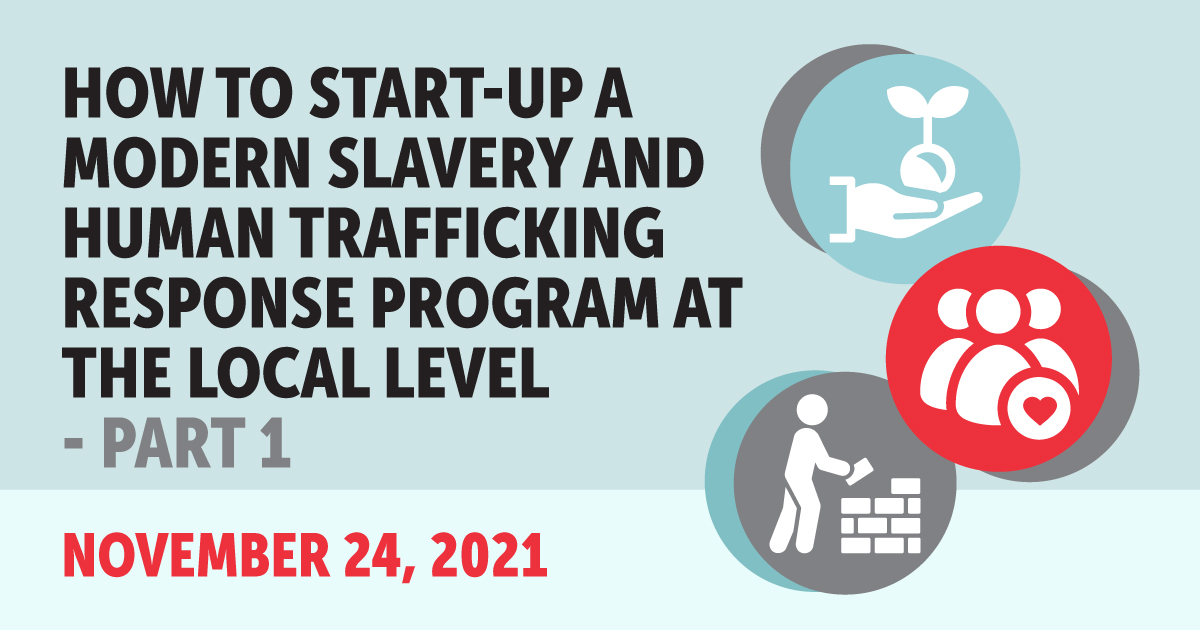Key Points:
- Before starting any local Modern Slavery and Human Trafficking Response initiatives and developing a program / project plan, it is important to know the local environment, context of the issues, and what other responders / agencies are engaged in this field of work.
- A PESTLE Analysis stands for Political, Economic, Social, Technological, Legal and Environmental factors. This type of analysis allows us to form an impression of the factors that might impact a new Modern Slavery and Human Trafficking Response program or project.
- It is important to map current responses and agencies that are already engaged in this field of work. This can be done as desk research and review of NGOs, government and church responses in your location, and issues that you wish to address. This will build up a picture of who is doing what and where the overlaps and gaps are.
Additional Resources:
PowerPoint Presentation: Download Here
Questions to Ask to Help Direct a PESTLE Analysis and Desk Research:
- What forms of MSHT need to be addressed in your community?
- What is the SCALE of each of these forms?
- GEOGRAPHIC CONCENTRATIONS - where is it happening in your community?
- What are the FACTORS THAT SUSTAIN THESE SYSTEMS of MSHT?
- What are some ENTRY POINTS FOR REDUCING SLAVERY?
- What types of PROMISING WORK are already taking place through civil society actors? Gaps and deficiencies?
- In what ways is GOVERNMENT supporting? Gaps or needs for advocacy?
- In what ways are BUSINESSES supporting? Gaps?
- How can our activities best COMPLEMENT AND STRENGTHEN EXISTING EFFORTS?
- What is the involvement of DONOR AGENCIES within the community?
Websites:
Chab Dai Coalition – seeks to end all forms of abuse and modern slavery globally by building a movement to empower communities, to strengthen systems, and to restore justice and wellbeing with survivors.
To learn more about this organization, please visit: https://chabdai.org/about#mission
The Global Investigative Journalism Network - serves as the international hub for the world’s investigative reporters. Our core mission is to support and strengthen investigative journalism around the world—with special attention to those from repressive regimes and marginalized communities. At the heart of GIJN is an international association of non-profit journalism organizations. From its founding in 2003, GIJN has grown to include 211 member groups in 82 countries. Today, with a staff based in 24 countries, GIJN works in a dozen languages to link together the world’s most enterprising journalists, giving them the tools, technology, and training to go after abuses of power and lack of accountability.
To connect with GIJN and / or access articles for desk research: https://gijn.org/about/about-us/







